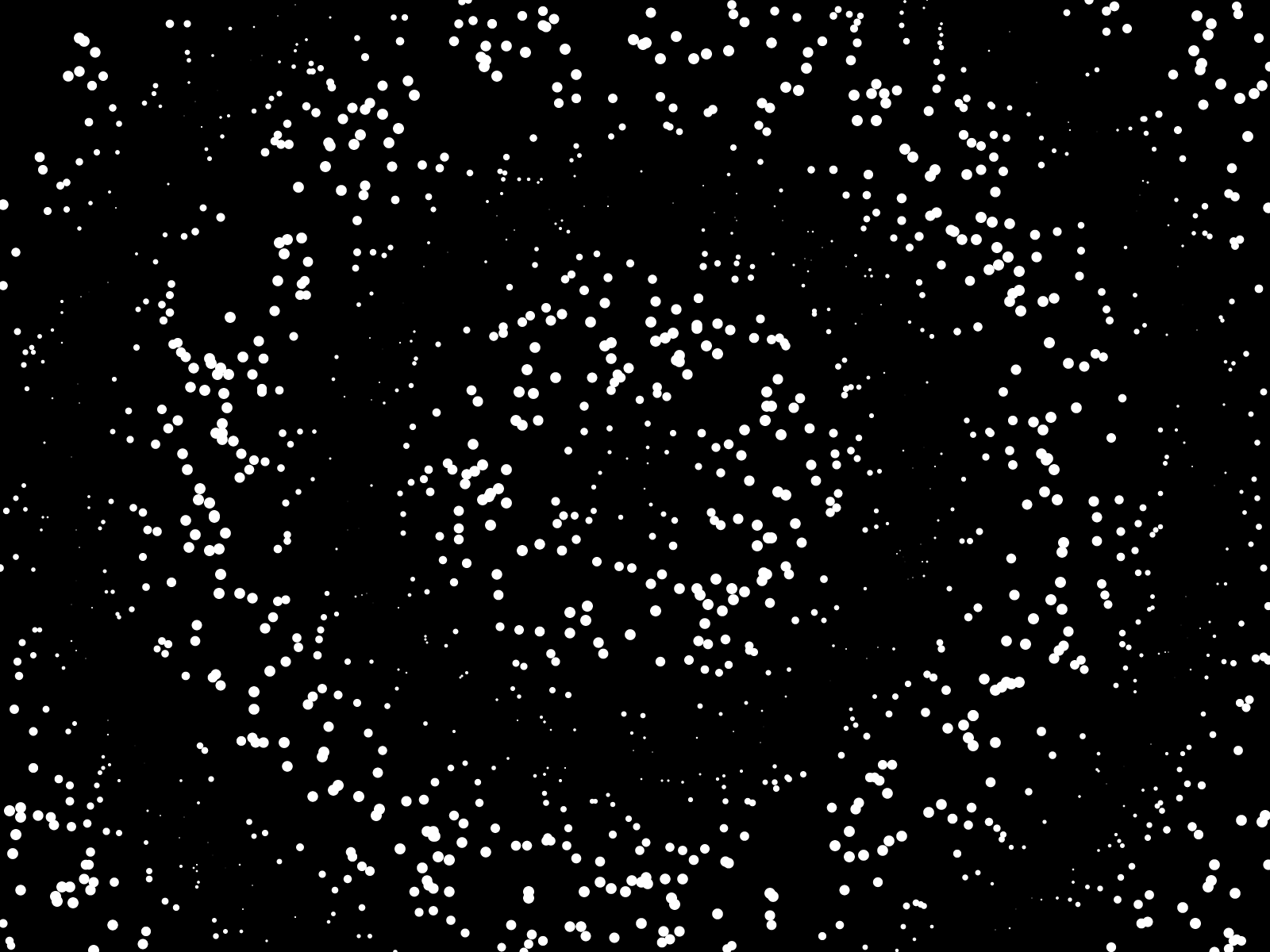Gilgamesh

Or the quest for eternal life
Gilgamesh was an ancient Mesopotamian hero whose legend was passed on through Sumerian poems. He feared his own death and undertook many unsuccessful ventures to achieve immortality.
Israeli historian Yuval Noah Harari used this story as an analogy to coin the unacknowledged attempt of science to overcome disease, old age, and death.
Harari argues that medical research mainly justifies its experiments by the will to heal people, but that the ensuing knowledge or technology is then used for superhuman enhancements. Take, for example, genome editing technology (CRISPR), prosthetics (the field of research and expertise in designing and building artificial limbs) or research in brain-computer interfaces (called neuroprosthetics).
Harari points out that we may once reach a singularity, in this context, a historical point of non-return where the fundamentals of human consciousness and identity will change forever due to new technology.
This brought us to the question we have to ask ourselves as human species:
What do we want to become ?
Source: Homo Deus: A Brief History of Tomorrow by Yuval Noah Harari
References:
- Interview of Harari on the topic: https://youtu.be/4qxx37eVfVA
- More on Gilgamesh: https://en.wikipedia.org/wiki/Gilgamesh
- On brain computer interfaces (BCI): https://www.microsoft.com/en-us/research/project/brain-computer-interfaces/
- Microsoft's BCI project: https://www.sciencedirect.com/topics/neuroscience/brain-computer-interface
- Singularity university: https://www.su.org/